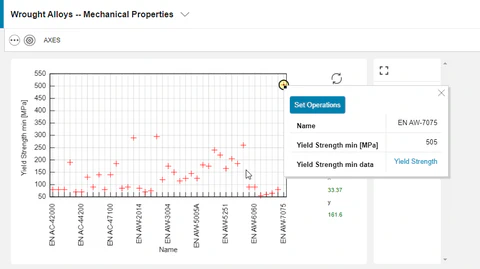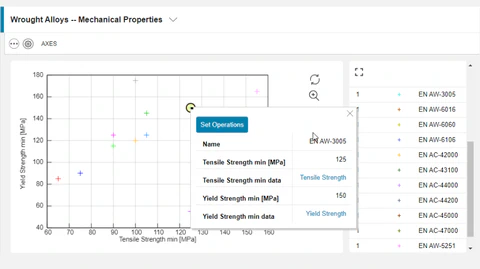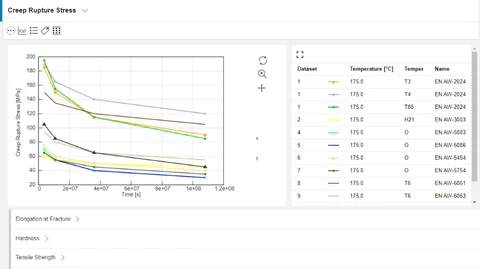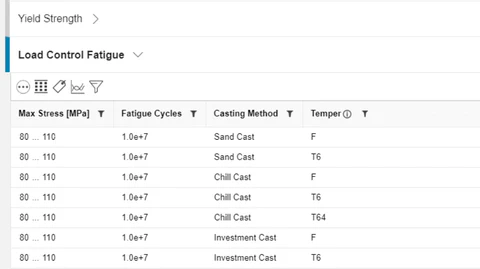
YIELD STRENGTH
Illustration and Comparison of Yield Strength of every Wrought and Cast Alloys
AluSelect is a computer-based reference database containing technical information on the most widely used aluminium alloys. This freely accessible website allows the user to obtain information about the mechanical, physical and chemical properties of aluminium alloys. At present, 35 wrought alloys and 12 casting alloys are indexed.
As we are witnessing the development of new business models, IT innovation, decentralized governance, and energy efficiency, Aluminium is playing a fundamental role to drive this transformation. Aluminium has a broad range of unique properties that contributes to building a new society based on low carbon products, lighter cars, energy efficient-buildings and recycling.
For instance; Transport is the single largest sector for aluminium products in Europe, absorbing almost 40% of industry output. Its lightweight characteristics reduce the weight of a range of vehicles from passenger aircraft to cars, increasing fuel efficiency and reducing CO2 emissions.
Today, aluminium is the second most widely used metal in the world. This is because aluminium has a unique combination of attractive properties and effects that can be summarised as follows:

Illustration and Comparison of Yield Strength of every Wrought and Cast Alloys

Comparison of Tensile Strength vs Yield Strength

Creep Rupture Stress Information of Aluminium Alloys

Valuable information about fatigue properties of aluminium alloys